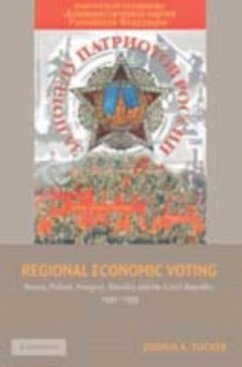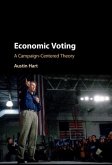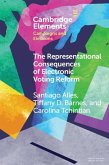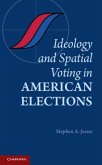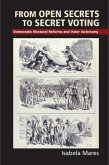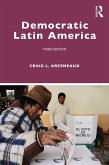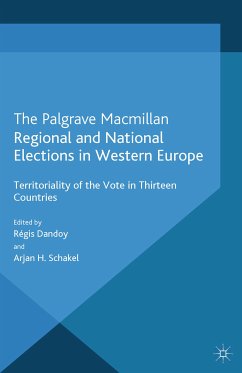This study demonstrates that in a time of massive change characterized by the emergence of entirely new political systems and a fundamental reorganization of economic life, systematic patterns of economic conditions affecting election results at the aggregate level can in fact be identified during the first decade of post-communist elections in five post-communist countries: Russia, Poland, Hungary, Slovakia, and the Czech Republic. A variety of theoretical arguments concerning the conditions in which these effects are more or less likely to be present are also proposed and tested. Analysis is conducted using an original data set of regional level economic, demographic, and electoral indicators, and features both broadly based comparative assessments of the findings across all twenty elections as well as more focused case study analyses of pairs of individual elections.
Dieser Download kann aus rechtlichen Gründen nur mit Rechnungsadresse in A, B, BG, CY, CZ, D, DK, EW, E, FIN, F, GR, HR, H, IRL, I, LT, L, LR, M, NL, PL, P, R, S, SLO, SK ausgeliefert werden.

